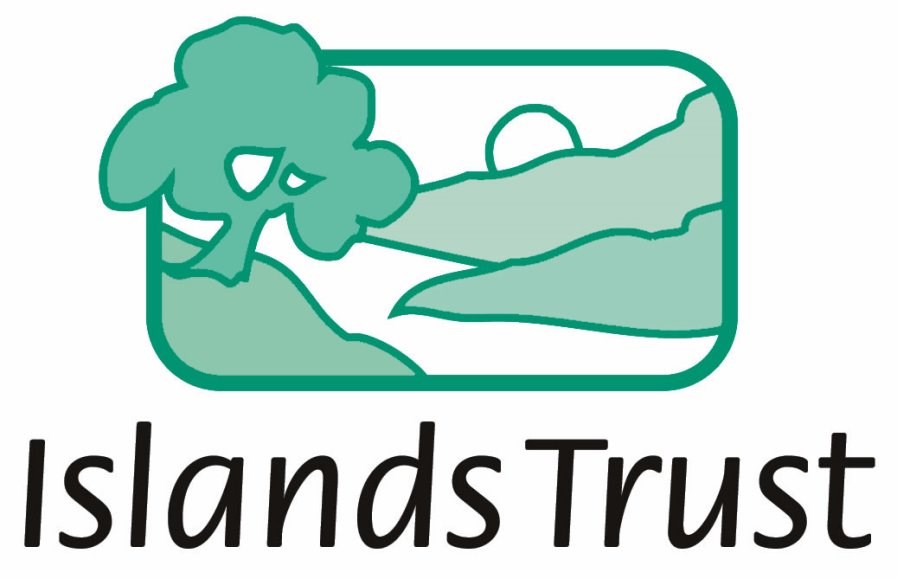A pair of in-person information sessions on the Islands Trust 2050 plan will take place on Bowen Island this weekend.
The sessions are part of Islands Trust’s continuing efforts gathering feedback to help update the organization’s policy statement and outline objectives for the next 30 years. The last time major changes were made to the document was 1994.
Issues being focused on include those stated in the “preserve and protect” mandate Islands Trust is guided by, along with areas not covered in the old agreement. Some of these include climate change, reconciliation with First Nations groups, forests and agriculture, and affordable housing. A draft statement is available to the public, and a detailed description of potential changes can be found here.
The group is now in its third phase of engagement efforts. Phase 1, which began back in 2019, consisted of open houses, information booths and displays on the many member islands. An online discussion space existed as well.
Feedback was used to shape engagement for Phase 2 in 2021 - which shifted almost entirely online due to the COVID pandemic - and involved a virtual open house and online survey.
Now, with public health restrictions lifting, Islands Trust is returning to in-person events for their third and final phase of public feedback. Two are scheduled for Bowen on Sunday, March 27: one from 11 am to 3 pm at an event booth outside USSC, and an evening session from 6:30 to 8 pm at the library.
There’s also a pair of virtual meetings via Zoom. The first is Tuesday, March 22 at 6 pm, followed by another Tuesday, March 29 at the same time. Registration info can be found here.
Bowen feedback so far shows locals are most interested in ‘connection to nature’ and ‘ecosystem protection’, categories determined by Islands Trust. More specifically this included ocean and water protection, preventing deforestation, and protecting shorelines and other vulnerable areas.
Phase 3 also contains an online survey, though some councillors expressed issues with this method at a Committee of the Whole meeting last week.
“I thought many of the questions were not just double-barrelled, but quadrupole-barrelled,” said Coun. Maureen Nicholson. “There was a lot of content in single questions. And as a result my responses were often frankly not meaningful. At the end of the survey I really wasn’t certain what I had conveyed.”
Coun. David Hocking says there were “questions that clumped things together, like forestry and agriculture… I have different opinions about forestry versus agriculture… You had questions about water, whether we should do rainwater capture, but only for secondary water use rather than primary water use.”
“I felt you tried to do too much in each question… I would agree with one part but not the other part,” said Hocking.
Mayor Gary Ander added the survey is “not user friendly.”
Project manager Kirsty Neill with ISL Engineering, the company conducting the engagement, says questions were grouped into the same blocks as they appear in the draft policy statement. She says she’ll raise survey concerns with staff.
“We’re definitely hearing people say ‘yes, I’m having challenges here.’ But you are also getting really quality, actionable feedback so far,” says Neill. “Islanders so far have been really up to the challenge.”
Coun. Michael Kaile, who also serves as a trustee on Islands Trust, called attention to the “Herculean effort” necessary to revise a nearly 30 year-old document. “It really is a very challenging and daunting task.” Kaile says there will be some snags along the way but ultimately the feedback should yield valuable information.
Fellow Islands Trust trustee, Coun. Sue Ellen Fast, says she’s happy the policy statement is receiving the long-awaited refresh, and that people’s submissions do help shape the process.
“Especially with topics like climate change, reconciliation and housing, these are all hot issues with crisis language around them. So there’s a lot of people with strong ideas, and that’s what we’re trying to capture here,” says Fast.
“There’s a lot of interest, and even regional districts are different… So I’m not surprised at the amount, and the vehemence of people’s ideas and visions of the future, and their wanting to have their say,” she adds.
Phase 3 consultation runs until April 17. Results will become public in May.


